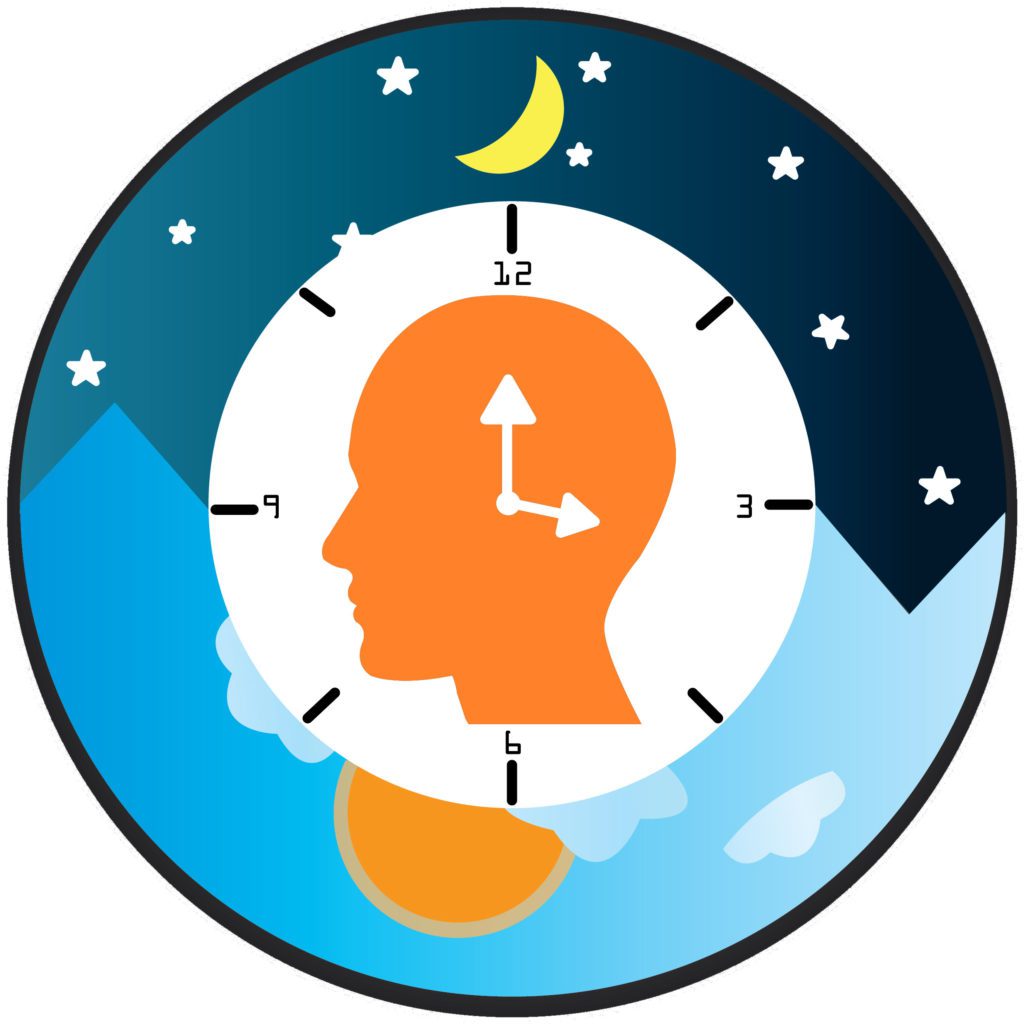How to reset your body clock to get a great night's sleep
There are only 3 things you need to do to get a great night’s sleep every night and wake up refreshed and invigorated every morning.
In this blog post, I will share Step 1 – Resetting your body clock. Next week, I’ll share step 2 – How to change your sleep mindset to help you get a great night’s sleep.
Sleep is essential to our daily lives, and getting a good night’s rest is crucial for our physical and mental health. Unfortunately, however, many of us struggle with sleep due to disruptions in our circadian rhythm. The circadian rhythm is our body’s natural 24-hour sleep-wake cycle, which is regulated by a master clock in the brain. Disruptions to this cycle can lead to sleep disorders, daytime fatigue, and other health problems.
Resetting your circadian rhythm is very straightforward, but you must follow the “rules” every day for at least two weeks.
How to reset your body clock in 8 easy steps

- Go to bed later
Contrary to what you might think, going to bed later can actually help you fall asleep quicker. If you struggle to fall asleep at night, try pushing back your bedtime by 15-30 minutes each night until you find a time that works best for you. You may push your bedtime back very significantly. For example, if it takes you two hours to drop off at night, you might start by going to bed an hour later.
- Maintain a consistent sleep schedule
Establishing a consistent sleep schedule is one of the most effective ways to reset your circadian rhythm. This means going to bed and waking up at the same time every day, even on weekends. Allow yourself a maximum of 8 hours in bed and work back from your alarm time to plan your bedtime. So, if you set your alarm at 7 am, go to bed at 11 pm.
- Don’t use the snooze button
Ten-minute micro-snoozes disrupt your body clock and make it harder to fall asleep and wake up at consistent times. So instead, set your alarm for the time you absolutely must get up and then, no matter how hard it might be, get up right away when it goes off.
- Avoid daytime naps
Daytime napping can interfere with your body’s natural sleep-wake cycle, making it harder to fall asleep at night. If you must nap, limit it to 20-30 minutes in the early afternoon. However, if you can resist urging for a daytime snooze, you’ll find that you’ll reset your body clock quicker.
- Use your bed for sleep and sex only
It’s important to associate your bed with sleep and restfulness. Avoid using your bed for activities such as working, watching TV, or reading. This helps to train your brain to associate your bed with sleep, making it easier to fall asleep at night.
- Get plenty of natural light during the day
Getting plenty of natural light during the day can help reset your circadian rhythm by promoting wakefulness and alertness. Try to spend time outside during the day, or if that’s not possible, sit near a window or use bright artificial light.
- Avoid caffeine and alcohol
Caffeine and alcohol can disrupt sleep and interfere with the natural sleep-wake cycle. To reset your circadian rhythm, avoid caffeine in the afternoon and evening, and limit your alcohol consumption. Alcohol might help you nod off, but your sleep will probably be restless, and you’ll likely feel tired in the morning.
- Exercise regularly
Regular exercise can help regulate your circadian rhythm by promoting daytime alertness and nighttime sleepiness. However, avoid exercising within a few hours of bedtime, as this can interfere with sleep.

Resetting your circadian rhythm is essential for improving sleep and overall health. So next week, I’ll tell you about step 2 – how to stop worrying about sleep.
Read last week’s blog post, 6 Things Which Aren’t Helping You Sleep Better here.
Call, whatsapp, Text or email me:
07305 918162
gaynor@positivehypno.com
